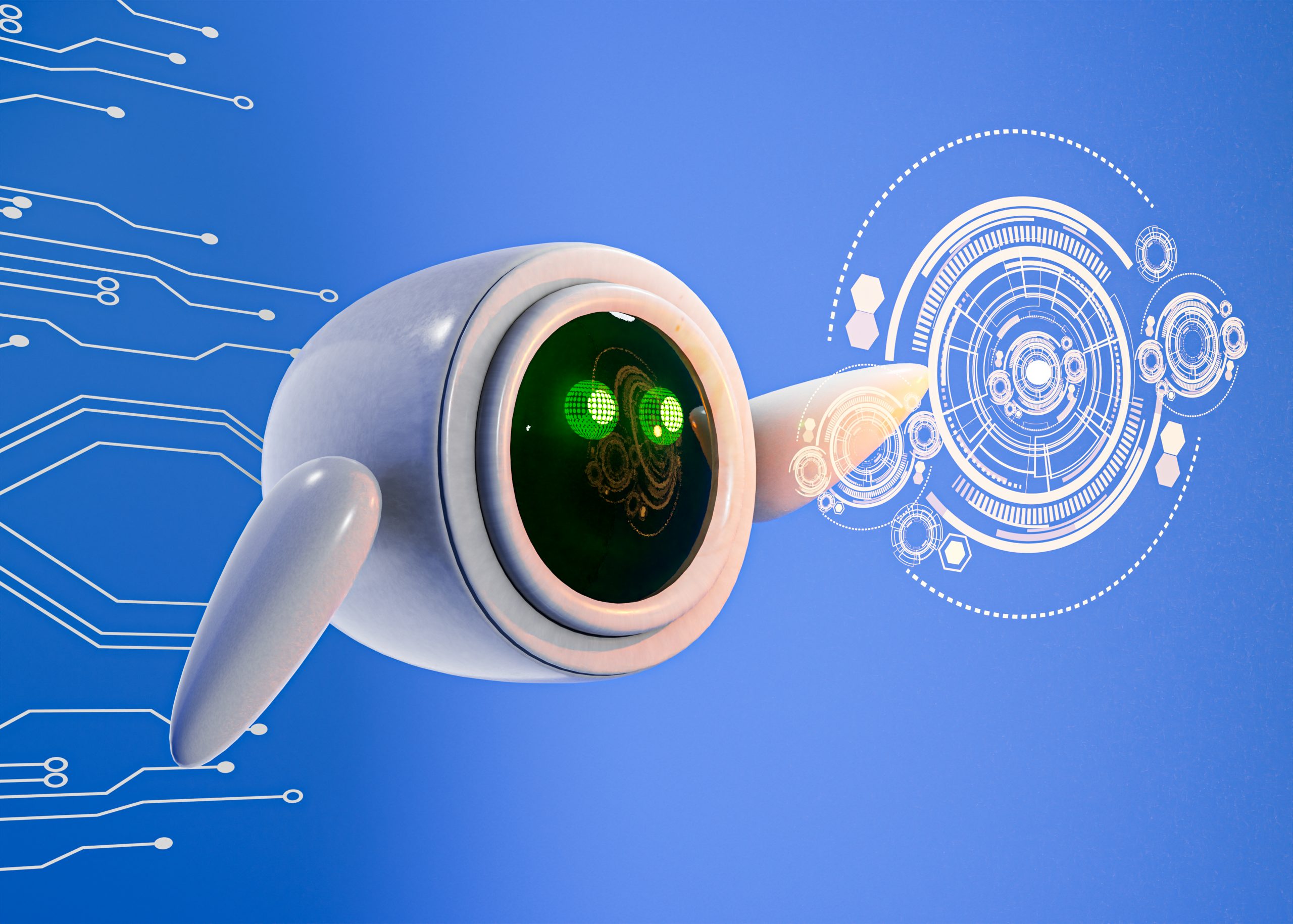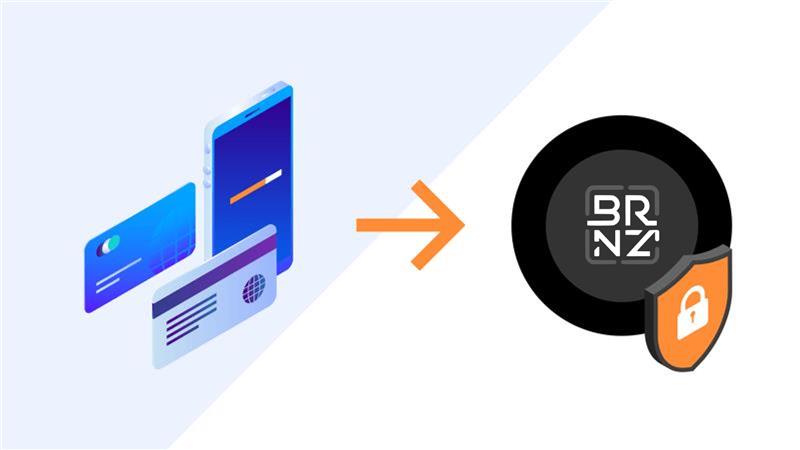Artificial intelligence (AI) has been around for decades and has made tremendous strides in recent years. From self-driving cars to facial recognition technology, AI is transforming the world as we know it. One question that comes up frequently when discussing AI is whether or not it can predict the future. In this blog post, we will explore this topic in depth and discuss the capabilities and limitations of AI in predicting the future.
To answer the question directly, yes, AI can predict the future to some extent. AI algorithms are designed to analyze and interpret large amounts of data, and through this analysis, they can identify patterns and trends that can be used to make predictions. For example, predictive models based on AI algorithms can be used to forecast future stock prices or to anticipate which products will be popular with consumers.
However, it’s important to note that the accuracy of these predictions can vary widely. While AI algorithms can process vast amounts of data and identify patterns that humans may miss, they are only as good as the data they are trained on. Inaccurate or incomplete data can result in flawed predictions, and AI models must be continuously refined and updated to improve their accuracy.
Moreover, AI is not infallible, and there are many factors that can affect the accuracy of its predictions. For example, unexpected events such as natural disasters or political upheavals can significantly alter the course of events, rendering AI predictions useless. Additionally, human behavior can be difficult to predict, and even the most sophisticated AI models may struggle to account for unpredictable factors such as personal preferences or sudden shifts in public opinion.
Despite these limitations, AI remains a valuable tool for predicting the future, and its applications are only continuing to expand. For businesses, AI-powered predictive models can help to identify potential risks and opportunities, allowing them to make informed decisions about investments and strategy. Governments can also use AI to predict future trends in areas such as healthcare or public safety, enabling them to allocate resources more effectively.
In conclusion, while AI is not a crystal ball that can predict the future with complete accuracy, it is a powerful tool that can be used to make informed predictions based on data and analysis. As AI technology continues to evolve and improve, we can expect to see even more applications of AI in predictive modeling and forecasting.



